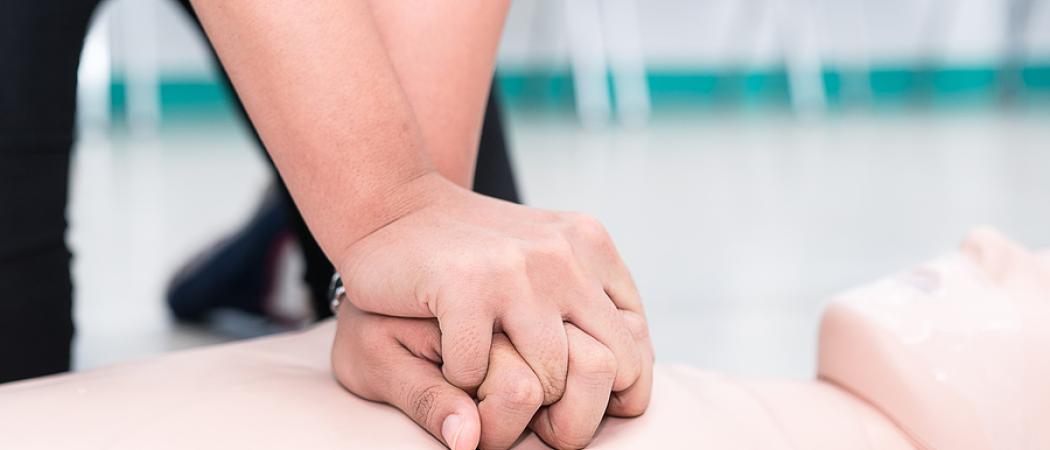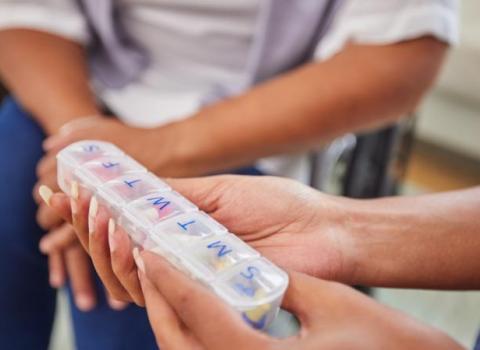
An estimated one in five adults in the UK witness someone collapse who needs immediate Cardiopulmonary resuscitation (CPR), yet the majority of people do not act, according to new research carried out at Warwick University.
Cardiac arrest survival rates in the UK have remained stubbornly low and a collaboration of leading organisations is calling for all young people to be trained in CPR to help save more lives.
The researchers at Warwick carried out a survey of 2,000 people across the country to find out how likely people are to witness a life-threatening cardiac arrest.
In addition to the large number of people who had seen someone suffer a cardiac arrest, they also found that people were nearly three times more likely to perform CPR if they had received training, highlighting the importance of learning CPR to help improve survival rates.
Survival rates for out of hospital cardiac arrest in the UK are low, with less than one in ten people surviving. The charity British Heart Foundation estimates that 10,000 people die every year in the UK as rates of bystander CPR are as low as 39 per cent in some parts of the country.
This is significantly worse than the Netherlands at 66 per cent, Victoria, Australia 69 per cent and Norway 73 per cent.
Gavin Perkins, professor of critical care medicine at Warwick University, who led the study, said, “Our research shows just how important it is for everyone to learn CPR. It is staggering to think that one in five of us will at some point have the opportunity to save a life by giving CPR.”
CPR is a vital step in the chain of survival after a cardiac arrest, Perkins said. “The chance of surviving is almost zero if people collapse and receive no bystander CPR until the emergency services arrive. Thousands of deaths could be prevented if more people learn CPR.”
There are more than 30,000 out of hospital cardiac arrests across the UK every year but less than one in ten people survive. Mandatory training of all secondary school children in CPR would improve this rate of survival.
Simon Gillespie, Chief Executive at the British Heart Foundation, which funded the research, said, “CPR is the difference between life and death for thousands of people every year in the UK who suffer a cardiac arrest. Every second counts, and it simply isn’t enough to hope that someone who knows CPR is present. We need everyone to learn this life-saving skill to give them the confidence to step in and give CPR when someone collapses after a cardiac arrest.”
Federico Moscogiuri, CEO of the Resuscitation Council UK, said the council has developed a free Lifesaver app, which can be downloaded from Lifesaver.org.uk.
Reference: Attitudes to CPR and Public Access Defibrillation: a survey of the UK public. Resuscitation, 2017;118:e39 http://www.resuscitationjournal.com/article/S0300-9572(17)30428-8/abstract





 A unique international forum for public research organisations and companies to connect their external engagement with strategic interests around their R&D system.
A unique international forum for public research organisations and companies to connect their external engagement with strategic interests around their R&D system.